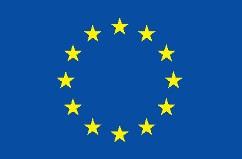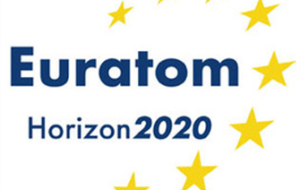MEDIRAD – Consequences of medical exposure to low dose radiation
The evolution of medical science and the increasing pace of innovation and deployment of medical technology have led to a situation where the majority of artificial ionising radiation exposure to the European population is created by diagnostic imaging or radiotherapy procedures.
The use of ionising radiation in medicine is steadily increasing, and this trend is expected to continue, with clear benefits to the health of the population through improved diagnostic and therapeutic technologies. However, the increasing use of new modalities for diagnosis and treatment also raises a number of issues in the radiation protection of patients and medical workers, as average levels of medical exposure to the population continue to increase.
Although most of these exposures result in low to moderate doses to most tissues, there is a need to assess the health effects of these exposures. optimise practices to reduce doses and develop dose assessment tools that can be used in clinical practice to ensure adequate and improved radiation protection of patients and medical staff. Although patient radiation protection has been an ongoing concern of physicians and regulated by competent authorities, there are specific scientific questions that arise in this context that have not been addressed previously, at least not successfully, in radiation protection research.
Objectives
MEDIRAD aims to improve the scientific basis and clinical practice of radiation protection in the medical field and thus addresses the need to better understand and assess the health effects of low-level exposure to ionising radiation from diagnostic and therapeutic imaging and off-target effects in radiotherapy.
This will be achieved by focusing on three main operational objectives:
- Improved estimation and recording of organ doses to a) inform clinical practice, optimise doses and make recommendations and b) provide adequate dosimetry for clinical epidemiological studies of medical radiation effects.
Assessment of the effects of medical exposures, focusing on the two main exposure parameters and conditions of public health and clinical relevance:
Cardiovascular effects of low to moderate doses of radiation from radiotherapy, including understanding the mechanisms
Long-term effects of low doses from higher dose radiological procedures on cancer risk
Development of science-based policy recommendations for policy makers and practitioners for the effective protection of patients, workers and the general public.
Partner CRCT Manuel Bardiès, Frédéric Courbon
For more informations : >>>
Start date: 1 June 2017
End date: 28 February 2022
This research programme is part of the European Horizon 2020 – Euratom call for proposals: https://www.horizon2020.gouv.fr/pid30040/euratom.html




